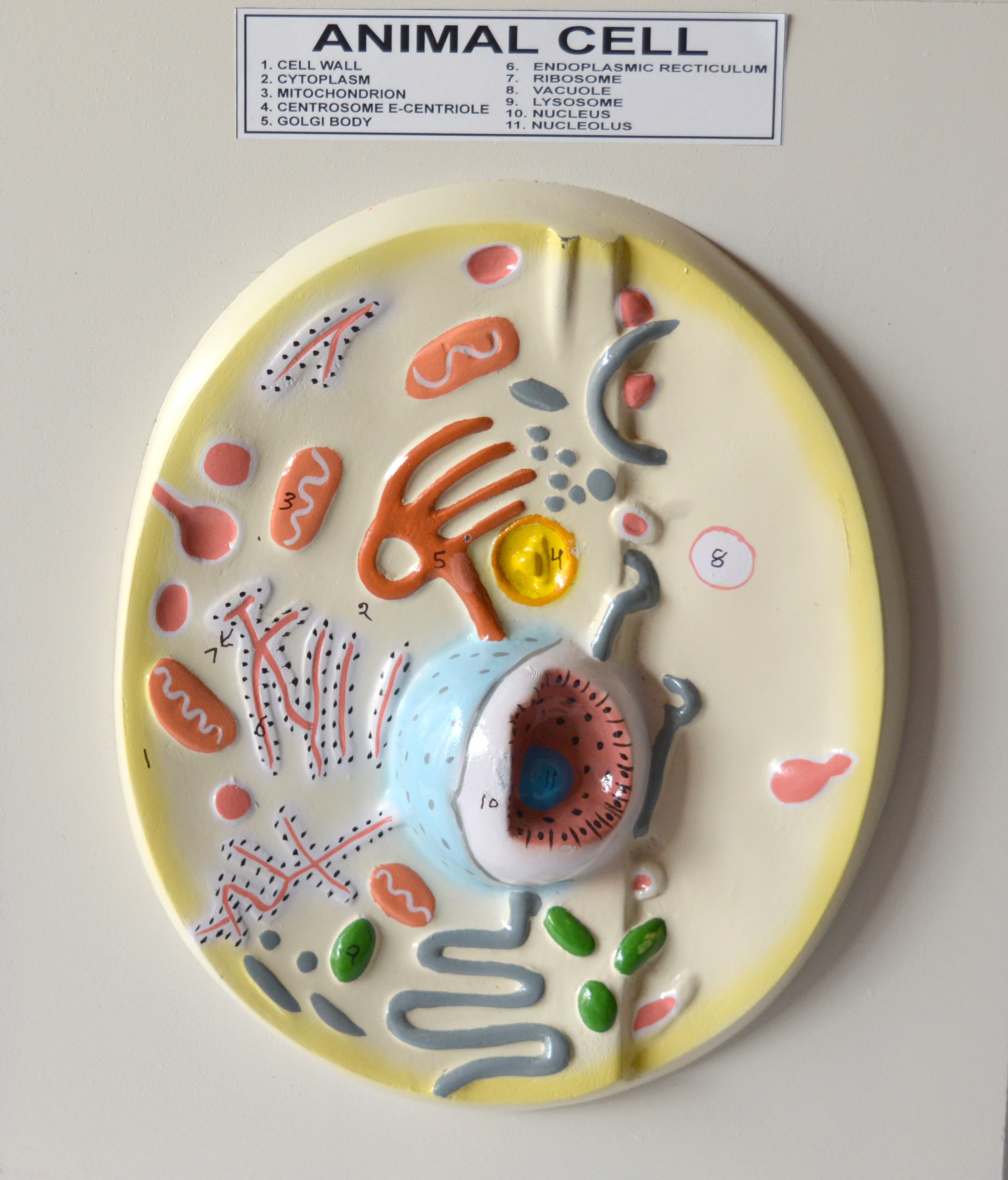If you like reading about philosophy, here’s a free, weekly newsletter with articles just like this one: Send it to me!
Feeling awkwardly self-conscious is something that we’ve all experienced.
For many, this feeling is so prevalent as to be debilitating in social situations. This is known as morbid self-consciousness. In some situations, like public speaking, pretty much everyone feels anxious. There is even a commonly cited study showing that people fear public speaking more than death! [1] The reality is actually a bit more complicated [2] but the fact that public speaking is up there with death as a fear really says something about the extreme dread which this prospect can invoke.
On this, I would like to introduce an experiential approach developed by Douglas Harding which can be helpful for freeing oneself from self-consciousness.
Harding was a philosopher and mystic. Up to his late 20s and early 30s, Harding suffered from morbid self-consciousness. He was brought up in a fundamentalist Christian sect, the Exclusive Plymouth Brethren, in which he wasn’t allowed to read literature, newspapers or watch films. Any books other than the Bible and a few school books were liable to be burnt. Laughing out loud was actively discouraged if not outright forbidden. [3]
When he broke away from the sect at the age of 21, as far as his family were concerned, he was dead to them and was destined for hell. No wonder he felt self-conscious and ill-at-ease in the world. He particularly didn’t like his nose. He felt that it was too big. [4] He was shame-faced around other people. But all of that changed when he had a radical shift in his conscious experience of himself. It happened when he noticed that he couldn’t see his head.

Recommended for you:
Brentyn J. Ramm: How to Recognise Pure Awareness
What is pure awareness? Douglas Harding (1909-2007) proposed a series of simple but surprising experiments that one can perform to learn more about oneself as the subject of one’s own first person view.
The young Douglas Harding was suffering from a particularly bad case of what the existentialist Jean-Paul Sartre called bad faith. According to Sartre, you are radically free. You cannot be pre-defined. You are continually inventing yourself whether you recognise this or not. For Sartre, being self-conscious, thinking of yourself and acting as if you are a mere object, is a form of false consciousness. You aren’t really an object at all, you only think that you are. That’s just how you appear to others. You are actually a pure consciousness, a kind of ‘nothingness’, that cannot be constrained or predicted – a form of pure spontaneity.
Sartre spent much …
Read the full article which is published on Daily Philosophy (external link)






